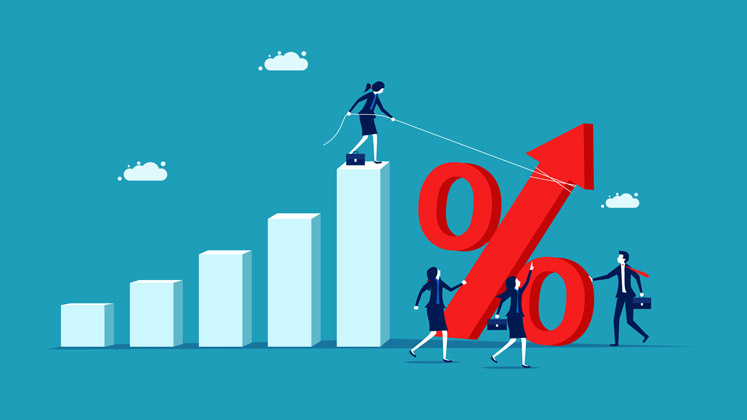Learn the miracle of compound interest and harvest the benefits!
We’re just past the halfway point in the year, and around this time of year I often get asked: “Casey, what is the most obvious financial mistake you see made and how can I avoid it?”
So, without any further ado, here is my number one financial fail.
#1: Ignoring the “Miracle” of Compounding Interest
People argue about tax-deferred growth versus after-tax growth, different investment vehicles, fee structures, and so forth until they’re blue in the face – but by FAR the dumbest mistake to make is to wait to save.
Imagine you have two people, let’s call them Bob and Dave. Bob starts saving $300 per month at age 20, then stops saving at 27.
Dave gets a later start to saving at 35 and saves the same $300 each month, all the way until he’s 65 at retirement.
All things remaining the same, who has more money at age 65, Bob or Dave?
Bob!
Bob only invested $28,800 of his own money, while Dave invested $108,000!
However, the miracle of compounding took over for Bob, and the extra 15 years of compounding interest made Bob a richer man, even though he saved significantly less of his own money.
The moral of the story is the time to start saving is now.
Let’s use a golf analogy to make the value of time and compounding easy to understand.
Let’s assume you, and I decide to play a friendly game of golf, and at the first tee box I say, “You know what, to make it interesting, let’s bet 10 cents a hole”.
You look at me and laugh, then agree.
However, right before I take my first drive, I turn around and say, “Just for fun, how about each hole we double the bet?”
Again, you laugh and agree, thinking: “Ok, so the 2nd hole is for 20 cents, the 3rd hole is for 40 cents”, and so on…
In your mind, what do you think the bet on the last hole would be? $200.00? $500.00?
NOPE.
On the 18th hole, our bet would have ballooned to over $13,000.00!!!
This simple exercise illustrates the power of compounding interest.
Sometimes I’ll hear my prospects or clients say, “but Casey, I can’t afford to save.”
To that, I ask a simple question:
If tomorrow the government said that they were raising taxes by 20% – which by the way they might do depending on who gets elected next cycle – what would you do?
You’d cry and curse and moan, and then you’d pay the darn tax, and guess what – you’d figure out how to survive.
In a world of instant gratification, it can make it easier to accomplish this task by remembering the miracle of compounding interest, and considering saving a tax on your present self to benefit your future self.



